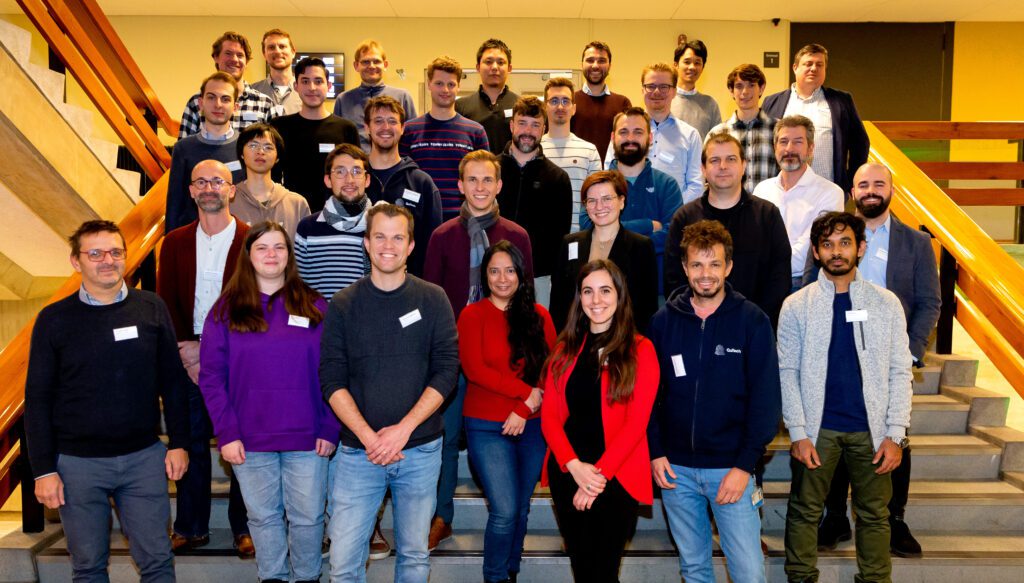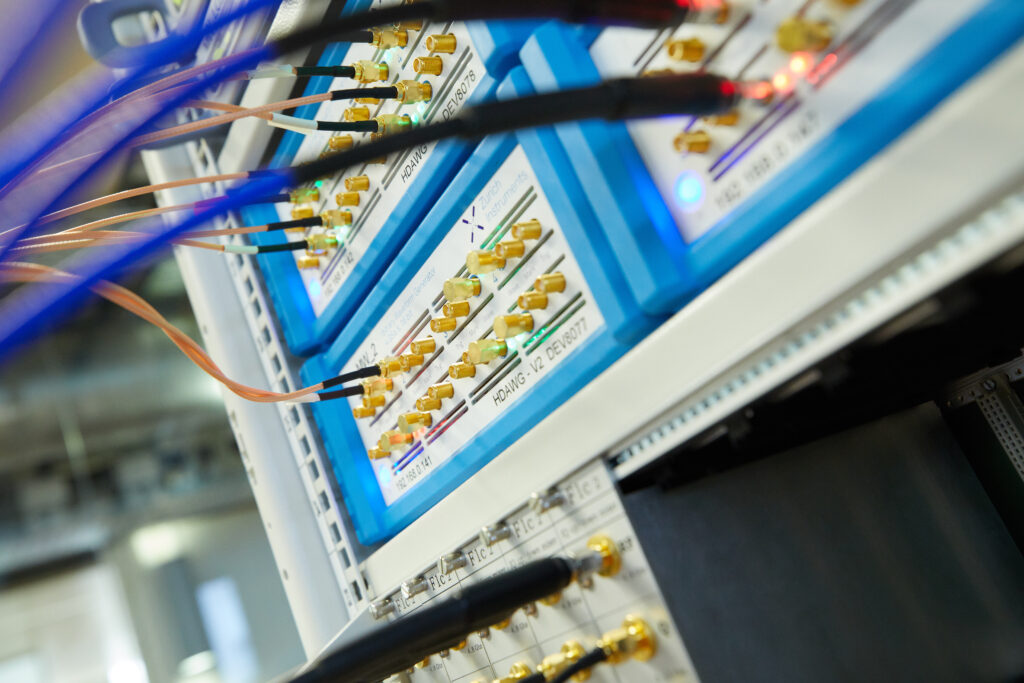IGNITE
Germanium qubits hold promise for practical quantum computers

Quantum computers hold the potential to solve complex problems that practically cannot be addressed by classical computers. However, to build such computers, significant advances are needed in both the number of qubits on a processor and the quality of their control. The IGNITE project – or Integrated GermaNIum quanTum tEchnology – aims to advance the development of scalable and fault-tolerant quantum computers by leveraging semiconductor technology and germanium qubits. QuTech is proud to serve as the project’s coordinator, with Menno Veldhorst acting as Principal Investigator.
IGNITE recognizes that semiconductor manufacturing technology is unmatched in integrating vast numbers of identical components into a single system, making it a compelling candidate to meet the requirement of large numbers of qubits.
Further, germanium – long regarded as silicon’s counterpart for making chips – has awakened the interest of researchers in quantum computing as well, and germanium spin qubits, which were developed only half a decade ago, have made remarkable progress. The consortium can boast breakthroughs that include high-quality silicon-germanium heterostructures, the first germanium quantum dot and qubit, the first single-hole qubit, two-qubit logic, and a four-qubit germanium quantum processor. Moreover, germanium qubits now operate with single-qubit error rates that are below 1 in 10.0000, while two-qubit logic can have error rates that are below 1 in 100. These advances provide a good basis to pursue a quantum advantage.
Germanium qubits are based entirely on transistor structures; a unique selling point that offers scalability potential and the possibility of adoption by leading semiconductor manufacturers, and the IGNITE consortium has already operated 16-quantum dot systems. Further, germanium quantum technology offers flexibility in adopting error correction sequences and quantum algorithms from other quantum communities, facilitating rapid progress.

IGNITE is funded by the European Union, under the Horizon Europe Framework Program.

